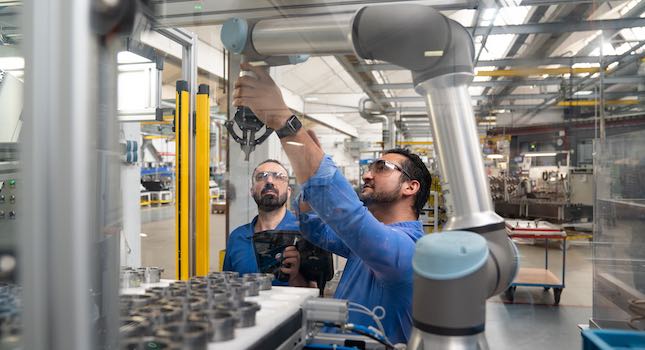The answer may be yes or no. Yes, because we sometimes have no choice. And no, because mediocrity always lowers the high standards the company is trying to develop and sustain.
The answer may be yes or no. Yes, because we sometimes have no choice. And no, because mediocrity always lowers the high standards the company is trying to develop and sustain.
So how should a pro deal with Mary Mediocrity and Joe Marginal? It hinges on the job they hold, their effect on departmental performance, and their influence on the rest of the staff. It also depends on how you define mediocrity. Let’s say it breaks down into three classes: A — average, B — slightly below average, and C — well below average.
The C guy is easiest to dispose of. The faster you get rid of him, the better for everyone. Permitting a C producer to remain will undermine the initiative of your good people, promote inefficiency and turnover, and inevitably lower departmental standards.
What about the A guy who’s average, and his B compatriot who’s a tad below average? There are no hard and fast rules, as Project Leader Ben Walden learned the hard way.
Evaluating his group while planning job assignments, he wrestled with the problem of two engineers in particular. One, a key engineer rated A, we’ll call Harry; the other, John, rated B, held a more mundane job.
Harry’s performance was steady, but uninspiring; John’s was a notch or two below Harry’s. Uncertain how to deal with them, whether to change their jobs, or let them go altogether, Walden wisely decided to seek his boss’ advice.
Question : If you were Walden’s boss, what counsel would you give him?
Cole’s response: “The way I see it,” Plant Engineer George Cole replied, “the old adage of the rotten apple spoiling the barrel seems to apply here. It’s more important to deal with Harry at this point. Since John’s work is routine, his influence on coworkers is minimal. It might be worth your effort to bring his performance up a notch.
“Harry is another kettle of fish. A key man in the group, his impact on others is significant. In Harry’s job, mediocrity is unacceptable. A key employee should be a star. If you can’t turn him into one in a hurry, I suggest a transfer out of the group, or let him go.”



